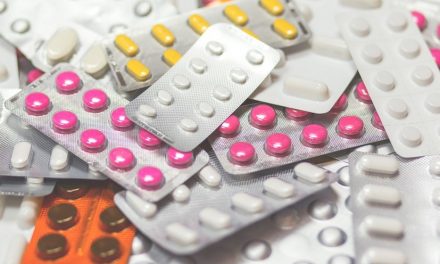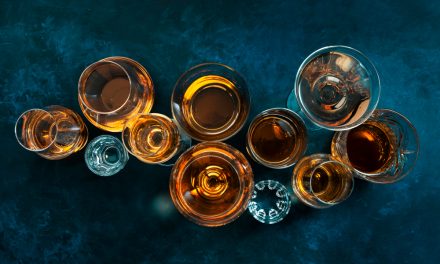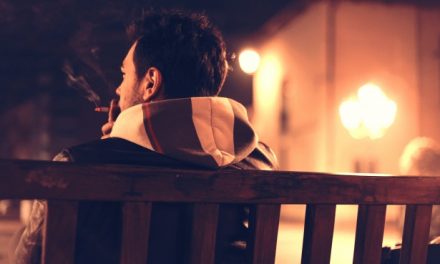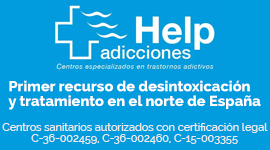The study was published in the Dec. 13 issue of the New England Journal of Medicine.
Previous studies found that naltrexone, marketed in this country ReVia, reduced the pleasurable effects of alcohol, contributing to lower consumption and craving. According to the researchers, subsequent studies found the drug less effective for treating alcohol dependence. A recent study of 165 alcoholics conducted by Brown University researchers found that naltrexone in combination with coping-skills training helped to reduce the severity of or even prevent a relapse (see ADAW, Dec. 3).
This most recent study, however, involved a much larger sample than the Brown study had. The researchers randomly assigned 627 veterans with chronic, severe alcohol dependence to three different groups. One group received naltrexone for 12 months; the second group received naltrexone for three months followed by nine months with a placebo; and the third group received a placebo for 12 months.
All patients received individual counseling and were encouraged to attend Alcoholics Anonymous (AA) meetings. Counseling was aimed at promoting abstinence.
Seventy-three percent of the patients completed the trial. In the first 13 weeks, researchers obtained data from 378 patients who received naltrexone and 187 patients who received placebo. They found no significant differences between the two groups in the period of time to relapse. There were also no differences between the groups in relapse rate, percentage of drinking days or number of drinks per drinking day.
At 52 weeks, there was no difference among the studys three groups in the percentage of drinking days or the number of drinks per drinking day.
According to the researchers, patients who were more compliant with their medication and attended more counseling or AA sessions had better outcomes, regardless of whether they took naltrexone or a placebo.
Analysis of the research data found that attending counseling sessions and attending AA meetings had the greatest effect on the number of drinking days, and compliance with medication had the greatest effect on the number of drinks per drinking day.
The researchers concluded that they did not detect an effect of naltrexone. Compared to placebo, naltrexone did not prevent or delay relapse to heavy drinking, reduce the number of drinking days, or decrease the amount of alcohol consumed during episodes of drinking.
The researchers concluded that their data do not support the treatment of alcohol dependence with naltrexone combined with a psychosocial treatment program in men with chronic, severe alcohol dependence.









